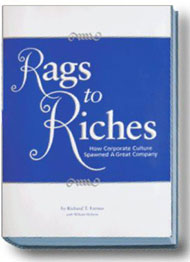As someone who has been involved in the media my entire adult life, I’ve watched the billionaires who control big social media platforms argue that there can be no restraints on their “free speech.” They argue that the First Amendment, plus Section 230 of the Communications Decency Act, gives them carte blanche to allow any content to populate their sites.
So the arrest and indictment of Pavel Duroc in France is a welcome wake-up call. His platform, Telegram, allowed possession and distribution of child sexual abuse imagery and other criminal activity. Elon Musk has also argued that “free speech” means he can cut back on the monitors and curators of traffic on X. Ditto for Mark Zuckenberg and the platforms that Meta controls.
What I learned growing up in the business was that yes, we believe in free speech. But we don’t believe in reckless speech. There’s a difference. We have to consider the consequences of what we write and publish. The classic admonition is, Don’t shout “Fire!” in a crowded theater if there isn’t really a fire. People would panic and stampede. People would die.
Governments around the world like France’s are beginning to lean on the big social media platforms, sometimes for good reason, and sometimes not. But it’s time for the U.S. government and the mainstream media to rebut the argument that free speech exists in a void, where consequences don’t matter. French President Macron was right in arguing that Telegram did not have the right to complete and utter “free speech”‘ if it led to criminal activity. That is not censorship. That is preserving the guardrails of democracy.




